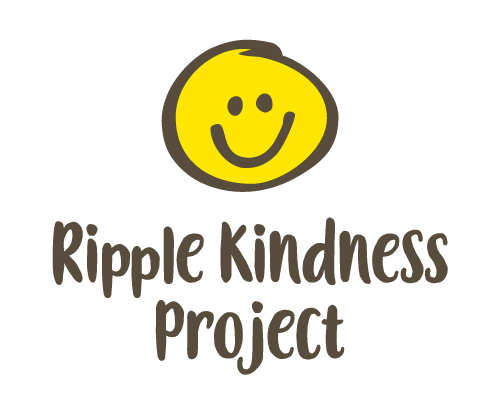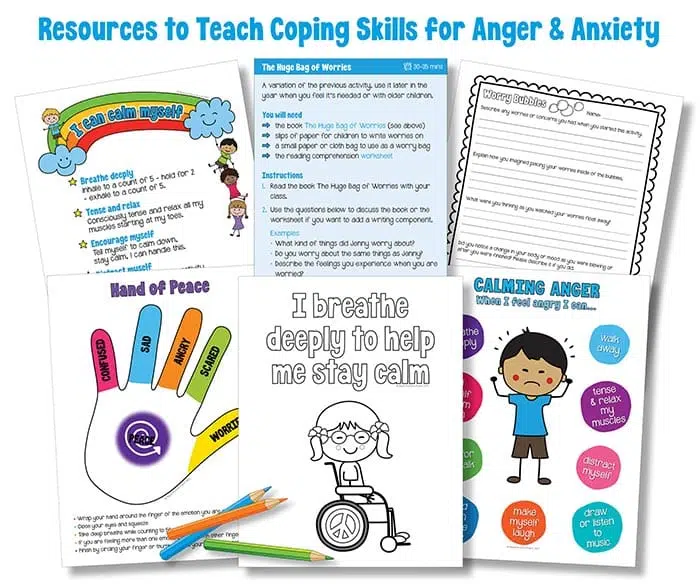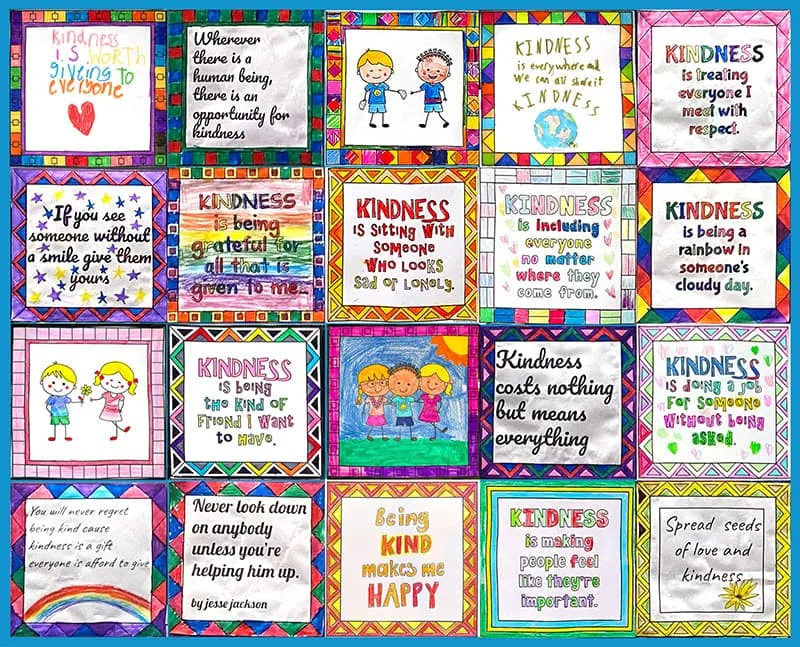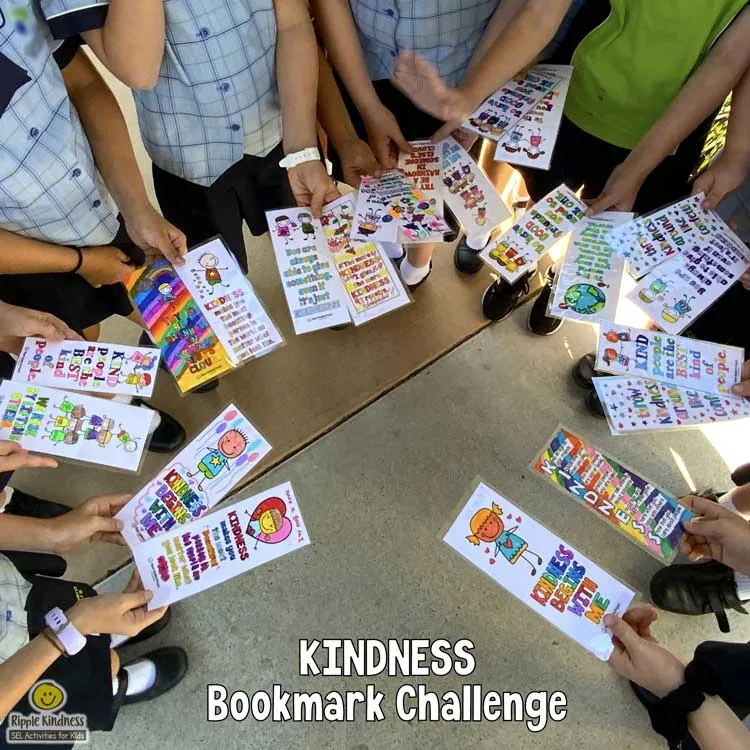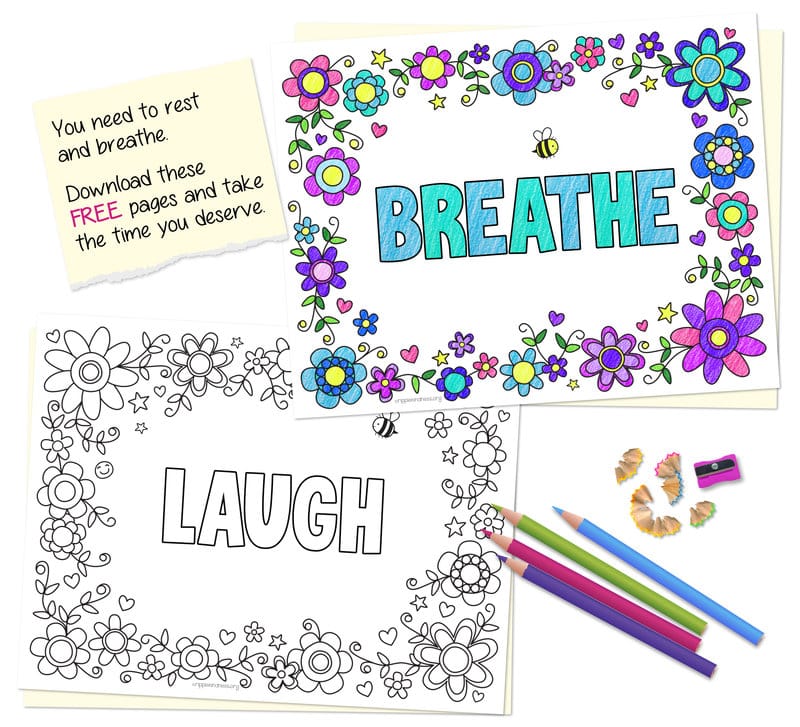Rita Pierson TED Talk – Every Child Needs a Champion
Inside: Inspired by Rita Pierson’s powerful TED Talk, this summary explores why every child needs and deserves someone to champion them. It highlights practical ways to build strong relationships, support struggling students, and foster a class culture where every child feels seen, valued, and empowered to thrive.
Why is it So Important for Every Child to Have a Champion?
Think about the kids who are late to class, unkind to others, push your buttons, disrupt lessons, or fall behind academically. These are the kids who get lost in the system because they don't give you the warm and fuzzies. But these are exactly the kids who need a champion the most.
More...
Without someone to support and encourage them, students who are harder to connect with are more likely to fail. But when they have someone who shows them how incredible they are, and who inspires them to be and do better, they have a chance to flourish!
Key Takeaways from Every Child Needs a Champion
- Rita Pierson’s message is timeless: Her TED Talk reminds us that relationships are the foundation of learning. Students don't learn from people they don't like. They thrive when they feel connected, supported, and believed in.
- Every child needs someone in their corner: Especially the ones who push boundaries, struggle academically, or seem disengaged. These are the kids who need a champion most.
- Small gestures make a big impact: A smile, a kind word, a note home, or a moment of genuine attention can boost self-esteem and help students feel noticed and valued.
- Connection builds emotional intelligence: When students feel safe and supported, they’re more likely to take risks, regulate emotions, and engage meaningfully.
- Practical strategies for connection: Weekly check-ins, student recognition boards, positive affirmations, and buddy systems help foster a culture of kindness and belonging.
- You don’t have to be perfect to be a champion: Rita Pierson believed that presence, empathy, and consistency matter more than perfection. Even on tough days, showing up with care can be transformative.
Rita Pierson's TED Talk
Rita Pierson had it right when she said that relationships are everything. They can turn a child who won't try and doesn't believe in themselves into someone who achieves far more than anyone ever thought possible. A caring adult who believes, encourages, and notices can make all the difference to a child's success or failure. Every child deserves one.
Every child deserves a champion, an adult who will never give up on them, who understands the power of connection, and insists that they become the best that they can possibly be.
And it's not just children who struggle who need someone to boost them up. Every student benefits from knowing that someone is in their corner and ready to support them when they need it most.
A champion connects with every child on an emotional level to help boost their confidence and nurture the emotional intelligence that is so critical for success throughout life.
How to Be a Champion for Your Students
Before we get into the how, let’s pause on the why. Championing a child starts with connection. It’s not just about lessons and routines. It’s about helping kids feel safe, seen, and supported. That’s when real growth begins.
Build Relationships with Every Child
We know why kids drop out. We know why kids don’t learn. It’s either poverty, low attendance, negative peer influences. We know why. But one of the things that we never discuss or we rarely discuss is the value and importance of human connection. Relationships.
Support Students Who Are Struggling
Daily Habits of a Champion Teacher

Championing Student Wellbeing
Being a champion for your students means showing up with empathy, encouragement, and the tools to help them grow. Whether they’re struggling with anger, anxiety, friendship challenges, or self-esteem, kids need more than kind words. They need practical strategies they can understand and use.
These printable SEL resources are designed to help you support your students’ emotional wellbeing in meaningful, kid-friendly ways:
These resources aren’t just activities; they’re tools to help you live out Rita’s message in your classroom every day. They'll help you be the champion who sees, supports, and uplifts every child.
Rita Pierson dedicated her life to forming deep connections with her students. She believed that relationships were the foundation of learning, and she made it her mission to inspire other teachers to do the same.
Rita sadly passed away only 3 months after her TED talk, but imagine how proud she'd be knowing that her words inspired teachers to be the champions their students need!
If you’d like to learn more about this extraordinary educator, read Huff Post article.
Below is the full transcript of her talk. It's a message that reminds us why connection matters, and why every child deserves someone who believes in them.
For every student that finally "got it," for every rookie teacher that said, "you inspired me to stay," I get the raise that never quite made it to my paycheck.
Pin this image to watch this inspirational video again
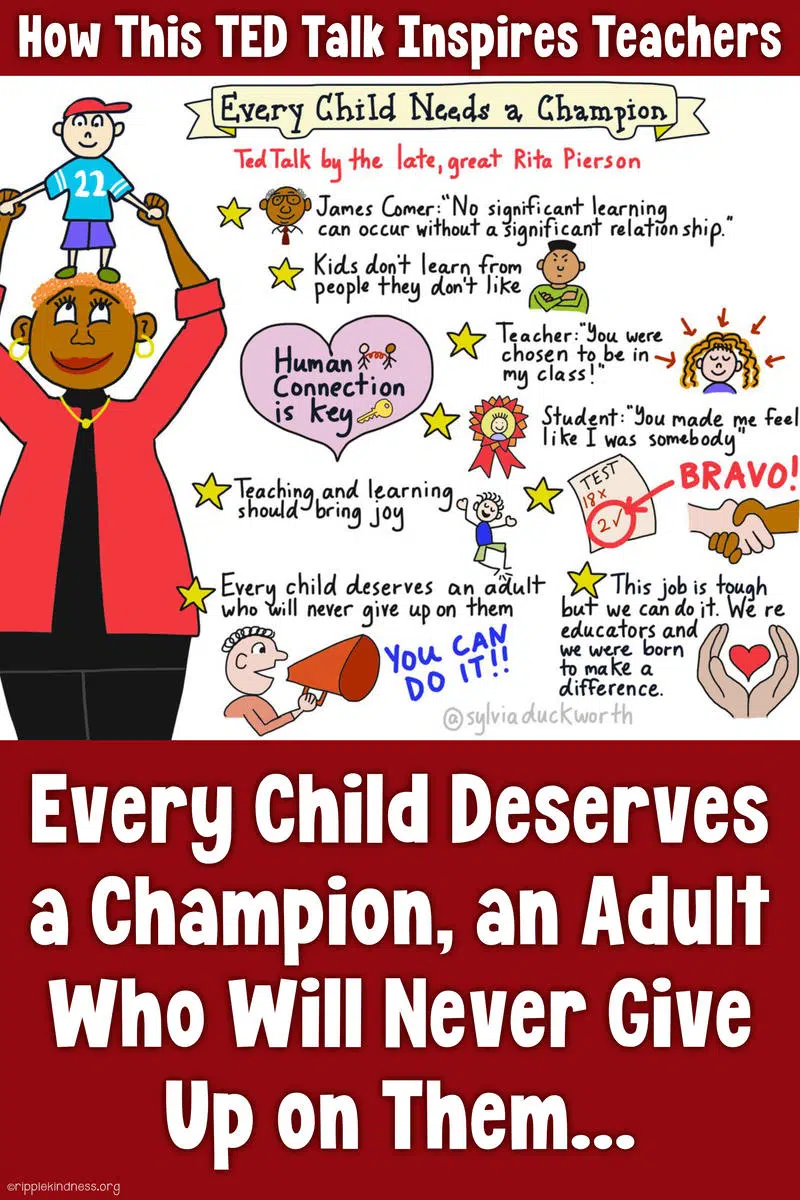
Transcript of "Every Kid Needs a Champion" by Rita Pierson
I have spent my entire life either at the schoolhouse, on the way to the schoolhouse, or talking about what happens in the schoolhouse. Both my parents were educators, my maternal grandparents were educators, and for the past 40 years, I’ve done the same thing.
And so, needless to say, over those years I’ve had a chance to look at education reform from a lot of perspectives. Some of those reforms have been good. Some of them have been not so good. And we know why kids drop out. We know why kids don’t learn. It’s either poverty, low attendance, negative peer influences. We know why.
But one of the things that we never discuss or we rarely discuss is the value and importance of human connection. Relationships. James Comer says that no significant learning can occur without a significant relationship. George Washington Carver says all learning is understanding relationships. Everyone in this room has been affected by a teacher or an adult. For years, I have watched people teach.
I have looked at the best and I’ve looked at some of the worst. A colleague said to me one time, “They don’t pay me to like the kids. They pay me to teach a lesson. The kids should learn it. I should teach it, they should learn it. Case closed.”
Well, I said to her, “You know, kids don’t learn from people they don’t like.”
She said, “That’s just a bunch of hooey.”
And I said to her, “Well, your year is going to be long and arduous, dear.”
Needless to say, it was. Some people think that you can either have it in you to build a relationship, or you don’t. I think Stephen Covey had the right idea. He said you ought to just throw in a few simple things, like seeking first to understand, as opposed to being understood. Simple things, like apologizing. You ever thought about that? Tell a kid you’re sorry, they’re in shock.
I taught a lesson once on ratios. I’m not real good with math, but I was working on it. And I got back and looked at that teacher edition I’d taught the whole lesson wrong. So I came back to class the next day and I said, “Look, guys, I need to apologize. I taught the whole lesson wrong. I’m so sorry.” They said, “That’s okay, Ms Pierson. You were so excited, we just let you go.”
I am somebody. I was somebody when I came. I’ll be a better somebody when I leave. I am powerful, and I am strong. I deserve the education that I get here. I have things to do, people to impress, and places to go.
I have had classes that were so low, so academically deficient, that I cried. I wondered, “How am I going to take this group, in nine months, from where they are to where they need to be? And it was difficult, it was awfully hard. How do I raise the self-esteem of a child and his academic achievement at the same time? One year I came up with a bright idea I told all my students, “You were chosen to be in my class because I am the best teacher and you are the best students, they put us all together so we could show everybody else how to do it.”
One of the students said, “Really?”
I said, “Really. We have to show the other classes how to do it, so when we walk down the hall, people will notice us, so you can’t make noise. You just have to strut.” And I gave them a saying to say: “I am somebody. I was somebody when I came. I’ll be a better somebody when I leave. I am powerful, and I am strong. I deserve the education that I get here. I have things to do, people to impress, and places to go.”
And they said, “Yeah!” You say it long enough, it starts to be a part of you.
I gave a quiz, 20 questions A student missed 18. I put a “+2” on his paper and a big smiley face. He said, “Ms Pierson, is this an F?”
I said, “Yes.”
He said, “Then why’d you put a smiley face?”
I said, “Because you’re on a roll. You got two right. You didn’t miss them all.” I said, “And when we review this, won’t you do better?”
He said, “Yes, ma’am, I can do better.”
You see, “-18” sucks all the life out of you “+2” said, “I ain’t all bad.” For years, I watched my mother take the time at recess to review, go on home visits in the afternoon, buy combs and brushes and peanut butter and crackers to put in her desk drawer for kids that needed to eat, and a washcloth and some soap for the kids who didn’t smell so good.
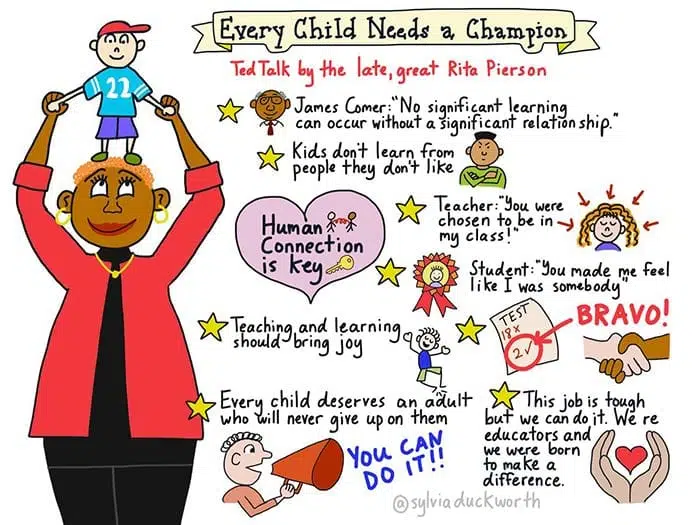
Every student deserves a champion and this wonderful illustration by Sylvia Duckworth is known and loved by teachers. If you'd like a copy of the poster, you can get one on her site.
See, it’s hard to teach kids who stink. And kids can be cruel. And so, she kept those things in her desk, and years later, after she retired, I watched some of those same kids come through and say to her, “You know, Ms Walker, you made a difference in my life. You made it work for me. You made me feel like I was somebody, when I knew, at the bottom, I wasn’t. And I want you to just see what I’ve become.”
And when my mama died two years ago at 92, there were so many former students at her funeral, it brought tears to my eyes, not because she was gone, but because she left a legacy of relationships that could never disappear. Can we stand to have more relationships? Absolutely. Will you like all your children? Of course not.
And you know your toughest kids are never absent. Never. You won’t like them all, and the tough ones show up for a reason. It’s the connection. It’s the relationships.
So teachers become great actors and great actresses, and we come to work when we don’t feel like it, and we’re listening to policy that doesn’t make sense, and we teach anyway. We teach anyway because that’s what we do. Teaching and learning should bring joy. How powerful would our world be if we had kids who were not afraid to take risks, who were not afraid to think, and who had a champion? Every child deserves a champion, an adult who will never give up on them, who understands the power of connection, and insists that they become the best that they can possibly be.
Is this job tough? You betcha. Oh God, you betcha. But it is not impossible. We can do this. We’re educators. We’re born to make a difference.
Thank you so much.
Post updated September 9th, 2025
You may also like...

AUTHOR: Lisa Currie - Ripple Kindness Project
For over a decade, I've focused on promoting kindness and Social and Emotional Learning (SEL) in elementary classrooms. Through hands-on experience supporting students, I've seen how empathy and respect are vital for creating harmonious, inclusive environments. I'm passionate about helping students understand the impact of their emotions and actions on their relationships. I believe kindness is fundamental to fostering self-confidence and happiness while building inclusive, safe classroom communities that discourage bullying and exclusion.
